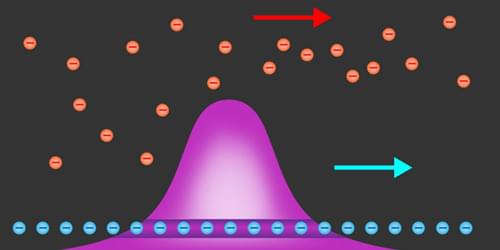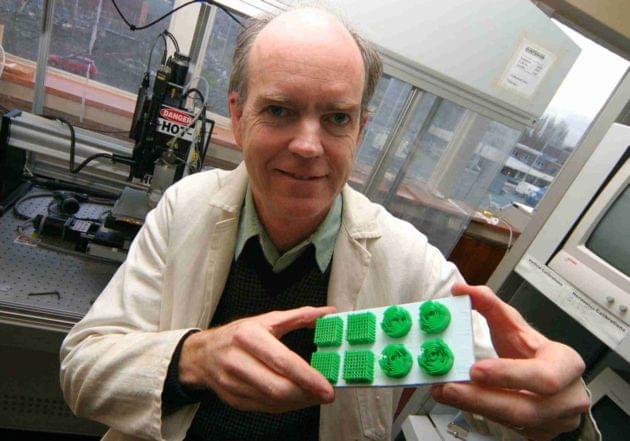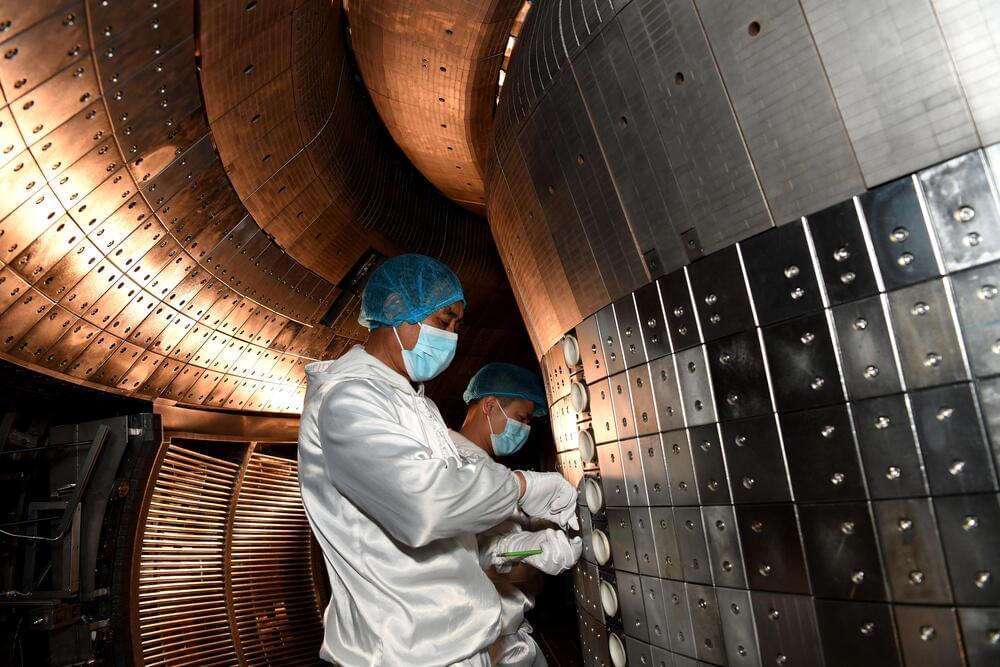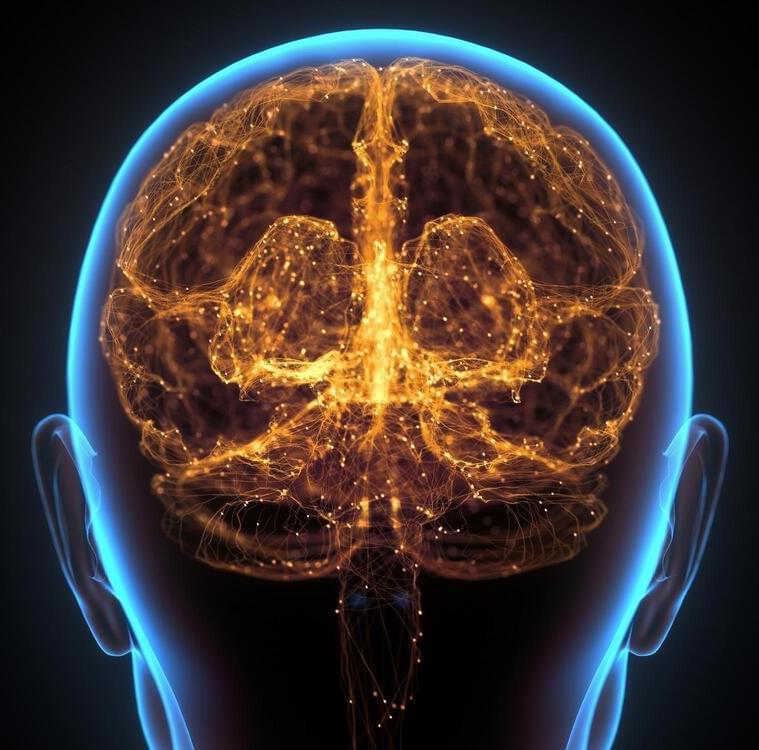An innovative technique will allow scientists to probe superconductivity involving an unusual type of electron pairing called odd-frequency pairing.



It can be specifically useful in the robotics and manufacturing industries.
Researchers from the University of Minnesota, Twin Cities, use ultrasound waves to move objects hands-free, according to an institutional press release.
It has been shown in previous studies that objects can be manipulated with light and sound waves, too. But the objects in question were always far smaller than the wavelengths of either light or sound or on the order of millimeters to nanometers.

The deluge of sensors and data generating devices has driven a paradigm shift in modern computing from arithmetic-logic centric to data-centric processing. Data-centric processing require innovations at the device level to enable novel compute-in-memory (CIM) operations. A key challenge in the construction of CIM architectures is the conflicting trade-off between the performance and their flexibility for various essential data operations. Here, we present a transistor-free CIM architecture that permits storage, search, and neural network operations on sub-50 nm thick Aluminum Scandium Nitride ferroelectric diodes (FeDs). Our circuit designs and devices can be directly integrated on top of Silicon microprocessors in a scalable process. By leveraging the field-programmability, nonvolatility, and nonlinearity of FeDs, search operations are demonstrated with a cell footprint 0.12 μm2 when p.

We learnt from investment expert Catherine Wood, Founder and CEO at ARK Invest, as she discussed Investing in disruptive innovation at the Exponential Financ…
That meteor, now known as 2022 WJ1, was first noticed by the Catalina Sky Survey at around midnight Eastern on that date (the time zone in which it ended up landing). Catalina is one of the most prolific discoverers of asteroids and is a crucial link in the planetary defense chain. A NASA press release details the steps that come afterward that result in a successful landing prediction.
The 2022 WJ1 was pretty small, only about one meter wide, and posed no actual threat to anyone or anything on the ground. But the planetary defense network is designed to catch much bigger potential threats. The fact that it reacted with such speed shows that it is becoming more and more capable and will be much more likely to find any potentially devastating events, such as the Chelyabinsk meteor in 2013, which caused 1,400 injuries and around $33 million in property damage.
Professor leonard sussking on quantum gravity.

Fusion power may be a more realistic prospect than you think. As Motherboard reports, researchers at the Energy Department’s Lawrence Livermore National Laboratory have discovered that a new magnetic field setup more than tripled the energy output of the fusion reaction hotspot in experiments, “approaching” the level required for self-sustaining ignition in plasmas. The field was particularly effective at trapping heat within the hotspot, boosting the energy yield.
The hotspot’s creation involved blasting 200 lasers at a fusion fuel pellet made from hydrogen isotopes like deuterium and tritium. The resulting X-rays made the pellet implode and thus produce the extremely high pressures and heat needed for fusion. The team achieved their feat by wrapping a coil around a pellet made using special metals.
The notion of using magnets to heat the fuel isn’t new. University of Rochester scientists found they could use magnetism to their advantage in 2012. The Lawrence Livermore study was far more effective, however, producing 40 percent heat and more than three times the energy.

The treatment caused neurological changes, including a decrease in inflammation and an increase in functionality, according to the researchers.
A recent Tel Aviv University study found that pressure chamber therapy greatly improved social skills and the condition of the autistic brain. The research was carried out on autism animal models. The researchers discovered changes in the brain, including a decrease in neuroinflammation, which has been linked to autism. Furthermore, the social functioning of the animal models treated in the pressure chamber improved significantly. The success of the research has significant implications for the applicability and understanding of pressure chamber therapy as a treatment for autism.
Inbar Fischer, a Ph.D. student in Dr. Boaz Barak’s lab at Tel Aviv University’s Sagol School of Neuroscience and School of Psychological Sciences, led the team that made the discovery. The findings were recently published in the International Journal of Molecular Sciences.